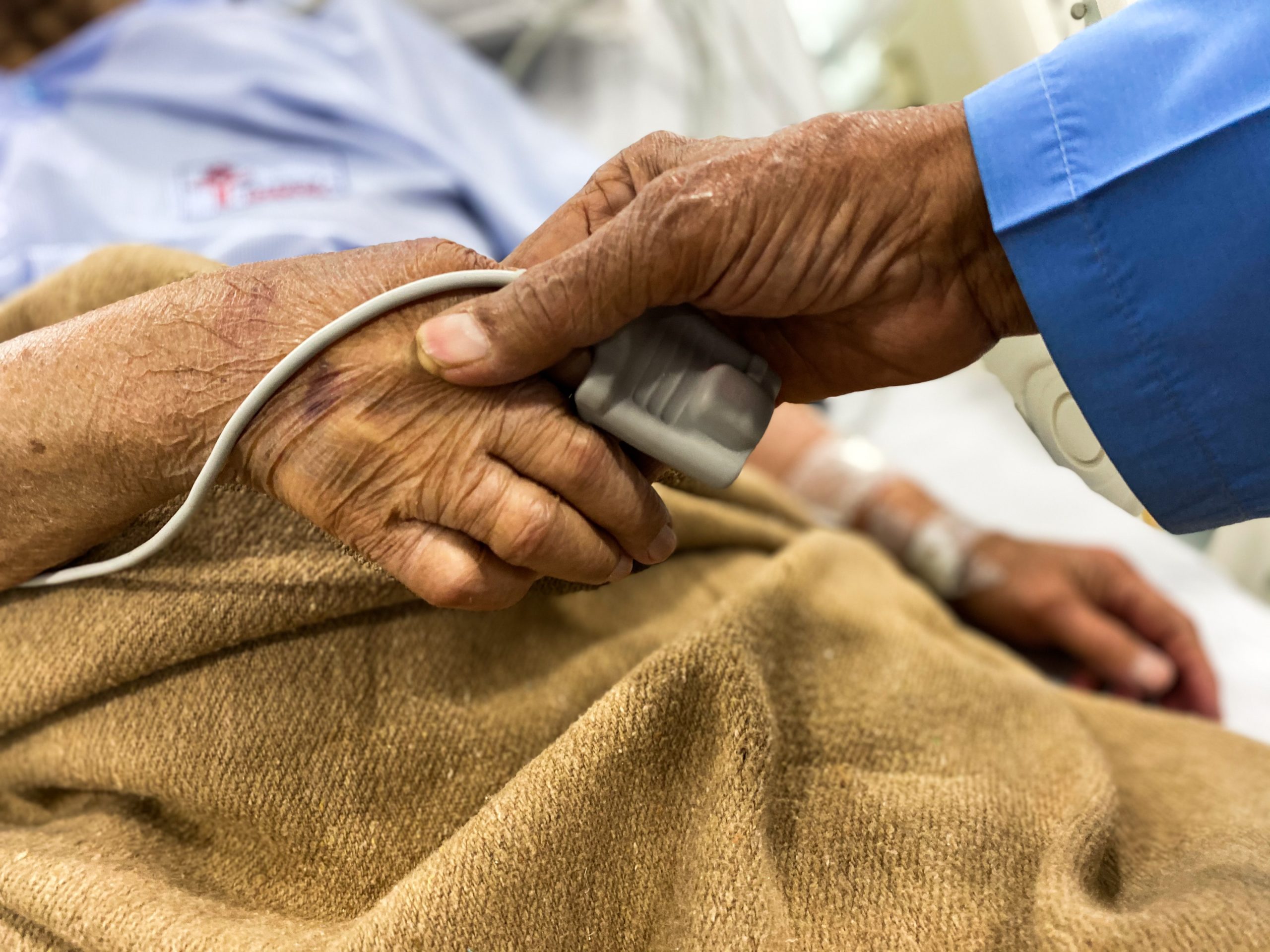Lori Stevens, Certified Concierge Care Advisor
The Importance of Fall Prevention for Seniors on Blood Thinners
Over the past 25 years working with seniors, I have witnessed the significant impact of blood thinner medications like Warfarin, Coumadin, Eliquis, and others. These medications are often prescribed to prevent or treat conditions such as Atrial Fibrillation (A-Fib) and Deep Vein Thrombosis (DVT), both of which involve dangerous blood clotting. While blood thinners are essential in managing these health concerns, they also require vigilant monitoring and can pose serious risks, especially for seniors.
For those taking Warfarin, regular monitoring of the International Normalized Ratio (INR) is crucial to ensure their blood remains within a safe range. If blood becomes too thin, it can result in excessive bleeding—including dangerous internal bleeds in the brain or gastrointestinal tract. Managing these medications also involves dietary restrictions, such as monitoring Vitamin K intake, being cautious with over-the-counter pain relievers, and limiting certain vegetables and leafy greens.
However, one of the most catastrophic risks associated with blood thinners is the increased danger of falls—an all-too-common occurrence among seniors. Below, we’ll explore the critical importance of fall prevention, the risks of brain bleeds, and practical tips to keep seniors safe.
Why Falls Are So Dangerous for Seniors on Blood Thinners
Seniors often struggle with balance, declining vision, and coordination—all of which increase the risk of falling. While broken bones, such as hip fractures, are often discussed in relation to falls, seniors on blood thinners face a greater threat: internal bleeding and brain hemorrhages.
Brain Bleeds and Hemorrhagic Strokes
A fall that results in head trauma can cause a brain hemorrhage, also known as a brain bleed, leading to a hemorrhagic stroke. The consequences of such an injury can range from severe cognitive impairments to speech difficulties, loss of movement, or even death.
Even seemingly minor falls can trigger internal bleeding that goes unnoticed at first. This is why it’s vital to seek medical attention immediately after any fall involving someone on blood thinners—even if they seem fine. Brain bleeds often develop silently, with symptoms appearing hours or even days later.
Fall Prevention Strategies for Seniors on Blood Thinners
- Use Mobility Aids Correctly
If your loved one is experiencing difficulty walking or maintaining balance, consider introducing a walker or cane. Ensure they use the mobility aid properly, as improper use can increase the risk of falling. - In-Home Care and Support
Seniors on blood thinners may need caregiver assistance for tasks like showering, dressing, and mobility to reduce the chance of falling. In-home care services can provide regular support, offering both the senior and their family peace of mind. - Home Safety Assessments
Conduct a fall prevention assessment at home by:- Removing throw rugs and clutter.
- Securing loose cords.
- Installing grab bars in bathrooms.
- Using non-slip mats in the shower and kitchen.
A safer living environment helps reduce the likelihood of falls.
- Regular Vision Check-Ups
Poor vision increases the risk of falls. Schedule routine eye exams to ensure any changes in eyesight are addressed promptly with new glasses or treatments. - Monitor Cognitive Decline
Some seniors with memory issues may forget to ask for help when they need it, which raises their fall risk. In such cases, increased supervision or a move to a higher level of care—such as an assisted living community—may be necessary.
What to Do If a Fall Occurs
If your loved one on blood thinners experiences a fall—no matter how minor it seems—call their doctor or head to the emergency room right away. Symptoms of internal bleeding may not appear immediately, but timely medical intervention can save lives. Emergency medical professionals can perform tests to detect brain hemorrhages or internal bleeding, preventing further complications.
The Role of Medical Consultation in Blood Thinner Management
It’s essential to consult with a physician to ensure the senior’s blood thinner regimen is optimized for their health. If you or your loved one has concerns about medication interactions, side effects, or the impact of blood thinners on daily activities, don’t hesitate to speak with a healthcare provider.
Conclusion: Keep Your Loved One Safe While on Blood Thinners
Navigating life on blood thinners requires extra vigilance, especially when it comes to fall prevention. From ensuring proper use of mobility aids to safeguarding the home environment, these small steps can make a world of difference in keeping seniors safe. Remember that even a minor fall warrants medical attention, as the risk of internal bleeding is too great to ignore.
At Concierge Care Advisors, we can help assess your loved one’s care needs and guide you toward in-home support or a higher level of care, such as assisted living or memory care communities.
Call us today at 1-855-444-7364 or visit our Contact Us page to speak with a Senior Living Advisor. We’ll help you explore the best care options to ensure your loved one stays safe, supported, and healthy.

























